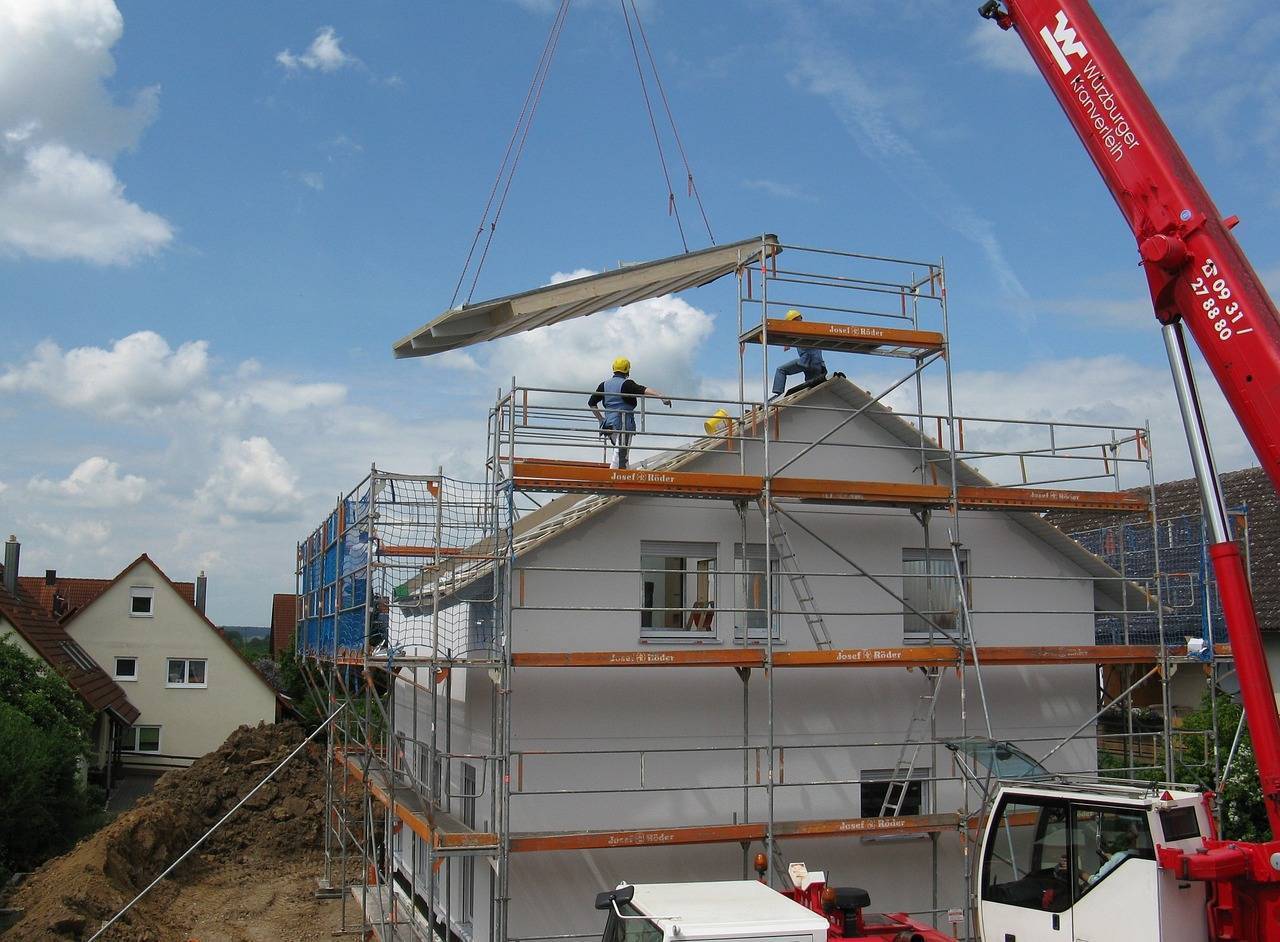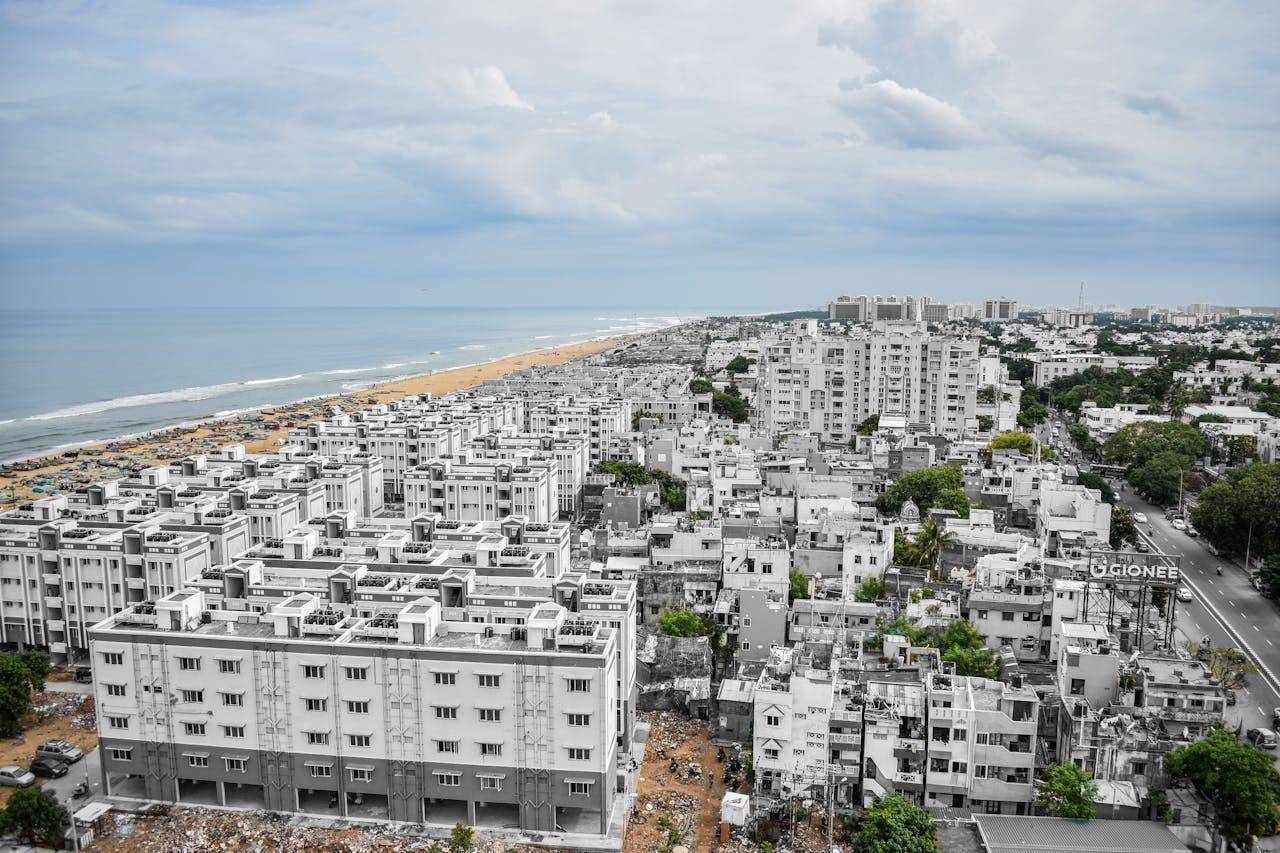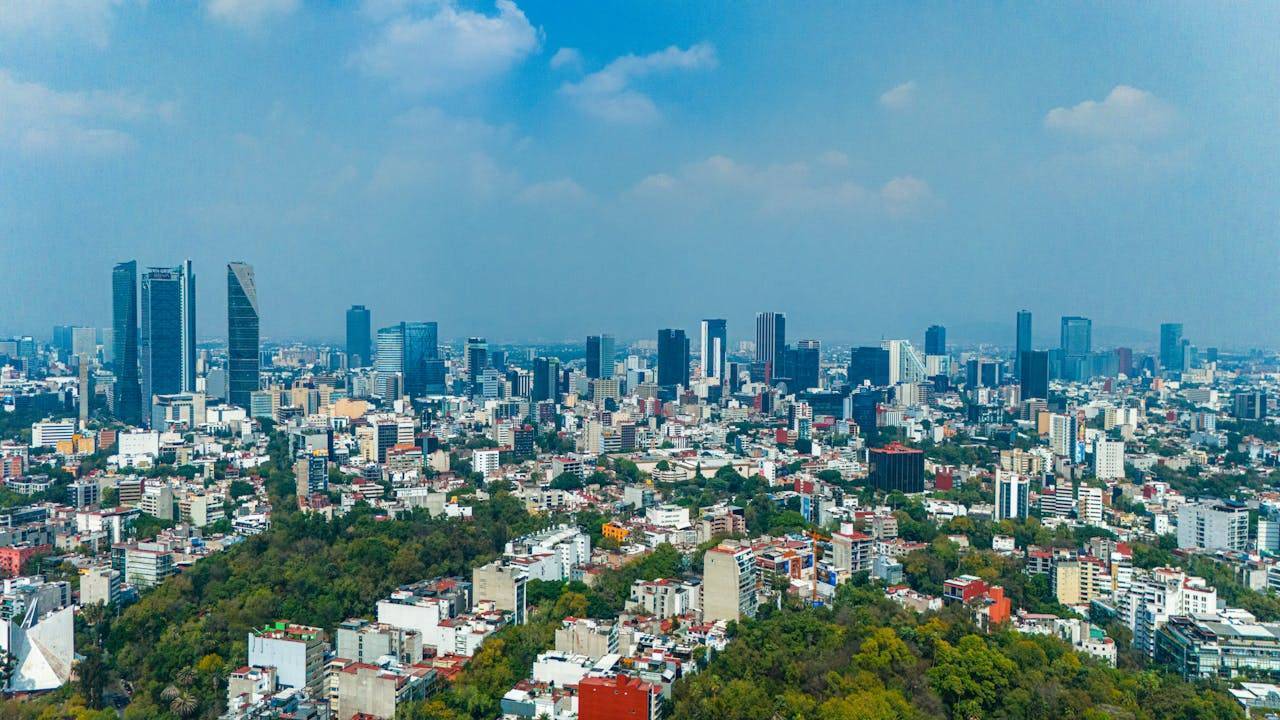The real estate sector in Uttar Pradesh, one of India's most significant markets, is currently facing a massive challenge. A recent report from PropEquity, a leading real estate data analytics firm, reveals that 378 housing projects, comprising nearly 146,000 units, have stalled across five major cities in the state. The cities include Noida, Greater Noida, Ghaziabad, Lucknow, and Agra, which are prominent real estate hubs within the state, particularly in the Delhi-NCR region. These stalled projects reflect a broader issue affecting India's real estate market, where several factors have contributed to delays and project halts, leaving homebuyers in a state of uncertainty.
Breakdown of Stalled Projects by City
Among the cities in Uttar Pradesh, Greater Noida stands out as having the highest number of stalled housing projects. According to PropEquity’s data, 167 projects, representing 74,645 units, have been put on hold in this city alone. This is a significant portion of the overall stalled housing projects in the state and highlights the challenges faced in the fast-growing real estate market in Greater Noida.
Noida follows with 103 stalled projects, accounting for 41,438 units. Noida, along with Greater Noida, forms a crucial part of the Delhi-NCR real estate market, which has witnessed rapid development over the past decade. However, this rapid growth has also led to issues such as delays, lack of execution, and financial mismanagement among developers.
Ghaziabad, another important real estate market in the Delhi-NCR region, has 50 stalled projects comprising 15,278 units. While it may not have as many stalled projects as Noida and Greater Noida, the city’s real estate sector is still grappling with similar challenges that have impacted project delivery timelines.
Lucknow, the capital of Uttar Pradesh, also faces issues with stalled projects. As many as 48 projects, consisting of 13,024 units, are currently stalled in the city. Despite the city’s growing importance as a real estate hub, these delays have raised concerns among homebuyers and investors alike.
Agra, another major city in Uttar Pradesh, has 10 stalled projects with 1,495 units. While the scale of stalled projects in Agra is smaller compared to other cities, the issue is still significant given the city’s importance as a residential market in the state.
Key Reasons Behind Stalled Projects
The report points to several key factors that have contributed to the stalling of housing projects across Uttar Pradesh. One of the primary reasons is the lack of execution capabilities among developers. Many developers overcommitted to large projects without having the necessary resources or expertise to complete them within the stipulated timelines.
Another major issue is cash-flow mismanagement. Several developers diverted funds meant for construction to other activities, such as purchasing new land banks or repaying existing loans. This misallocation of resources has led to severe delays in project completion, leaving homebuyers in a difficult position.
Additionally, the broader economic slowdown and disruptions caused by the COVID-19 pandemic have further exacerbated the problem. Many developers struggled with liquidity issues during the pandemic, which caused additional delays in project execution.
Impact on Homebuyers
The stalling of housing projects has had a profound impact on homebuyers, particularly those who have invested their savings in under-construction properties. For many homebuyers, the dream of owning a home has turned into a nightmare as they face years of delays with little recourse.
The issue of stalled projects has led to widespread frustration among homebuyers, many of whom are now seeking legal remedies. The lack of transparency in project timelines and the financial mismanagement by developers have also eroded trust in the real estate sector.
The Larger Issue of Stalled Projects Across India
The problem of stalled housing projects is not limited to Uttar Pradesh alone. According to PropEquity’s data, there are 1,981 residential projects stalled across 42 cities in India, totaling 5.08 lakh units. Of these, 1,636 projects, comprising 431,946 units, are located in 14 tier I cities, while 345 projects, representing 76,256 units, are in 28 tier II cities.
The widespread nature of stalled projects highlights the systemic issues within the Indian real estate sector. While regulatory measures such as the Real Estate (Regulation and Development) Act (RERA) have been introduced to bring more transparency and accountability to the sector, challenges remain in terms of enforcement and developer compliance.
Moving Forward: The Need for Regulatory Oversight and Financial Discipline
Addressing the issue of stalled projects will require a multi-pronged approach. Regulatory oversight needs to be strengthened to ensure that developers adhere to timelines and are held accountable for any delays. Financial discipline is also crucial, with developers needing to manage their cash flows more efficiently and avoid diverting funds meant for construction.
Moreover, collaboration between government bodies, financial institutions, and developers is essential to ensure that projects can be completed on time. Initiatives such as stress fund schemes, which provide financial assistance to stalled projects, can also play a role in reviving delayed projects and bringing relief to homebuyers.









.png)